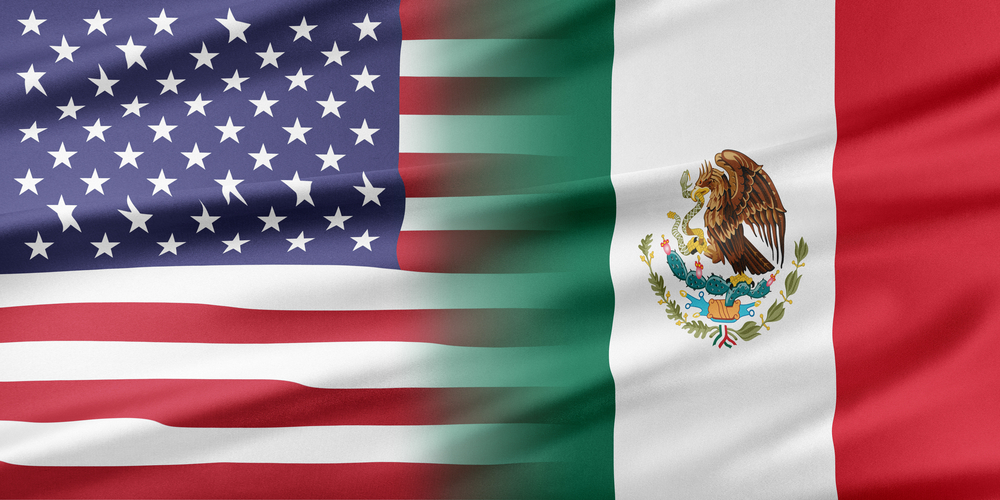NAFTA has existed since 1994, and it spurred an enormous amount of trade between the U.S., Canada, and Mexico, which has benefited all three countries. According to Shannon O'Neil, senior fellow for Latin American Studies at the Council on Foreign Relations, the in deficiencies that seem to impact the U.S. are not as severe as some critics say.
"Would we still see today if we had not signed: apparel made in rural Massachusetts, carpets in the Carolinas, or drill bits in Cleveland, Ohio? … The answer is no, because all these things today are made in China with whom we do not have a free-trade agreement," she said in a speech at a forum held by Washington, D.C., think tank NDN. "Now if we had not signed NAFTA, do you think we would see cars made in Detroit? Airplanes and jets made in Kansas City? Tractors in Peoria, Ill.?" she said. "The answer is probably no." Although many of these products are made in Mexico, 40% of these goods imported back into the U.S.are parts made in the U.S.; compared to the 4% of U.S. products used in Chinese goods. The cooperation that NAFTA has created between the U.S. and Mexico has enabled production to stay in both the U.S. and Mexico. Part of the reason for Mexico's transformation is the way it is now connected with the U.S. Mexican production has now become a way to create products that are often supplied as parts which are assembled in other countries like the U.S.
Transformation in Mexico
The Epoch Times reported that NAFTA has dramatically changed life in Mexico. The country's Gross Domestic Product has doubled since the agreement's introduction, going from $510 billion to $1.78 trillion in more than 20 years. Before NAFTA's introduction, there was some trade between the U.S. and Mexico, but thanks to NAFTA, Mexico is becoming an export and manufacturing hub. According to O'Neil, it has also become more open commercially, and developed a strong democracy.
"[NAFTA] has helped the United States to remain competitive globally so that we have regional supply chains that allow us to compete with China [and others]," said O'Neil. "That fundamentally is what NAFTA has done."
Foreign Benefit From NAFTA
Foreign countries can also benefit from moving to Mexico. According to Mexico Now, Korean company Daewoo is joining the group of Asian firms. Daewoo constructs buses in a plant in Ciudad Hidalgo, Michoacan. Daewoo is spending $30 million on the construction of the plant, which will span 6 hectares and employ 180 workers, along with 15 people who will be administrators.
Daewoo will be working with the Mexican company American Coach to create Daewoo Bus Mexico.
The plan is to build fully constructed bus units and bodies with 300 units sold in Mexico per year.
An American company, Manitowoc Foodservice, is also expanding to Mexico. It will move the assembly of its ice machines from Manitowoc, Wis., to a new facility in Mexico, according to local ABC affiliate WBAY.
According to the company, the transfer will "more effectively serve customers in Latin America as well as our U.S. customers."
NAFTA has enabled economic growth, not only in Mexico, but also around the world because of its competitive advantage in logistics, infrastructure, labor, and overall know-how of the manufacturing industry.
Subscribe
Sign up and stay informed with tips, updates, and best practices for manufacturing in Mexico.






